Born in Texas in 1957, Lieutenant General Chris Miller attended the Air Force Academy before going to Oxford to read for an MPhil in international relations. Returning to the US and to the Air Force, he undertook operational assignments including expeditionary wing command as the senior Air Force commander in Afghanistan and command of America’s only B-2 wing. Miller’s staff assignments included duty as policy advisor to the U.S. Ambassador to NATO, Military Fellow at the Council on Foreign Relations, and a Deputy Chief of Staff of the US Air Force. This narrative is excerpted and edited from an interview with the Rhodes Trust on 23 August 2024.
Chris Miller
Tennessee & Merton 1980
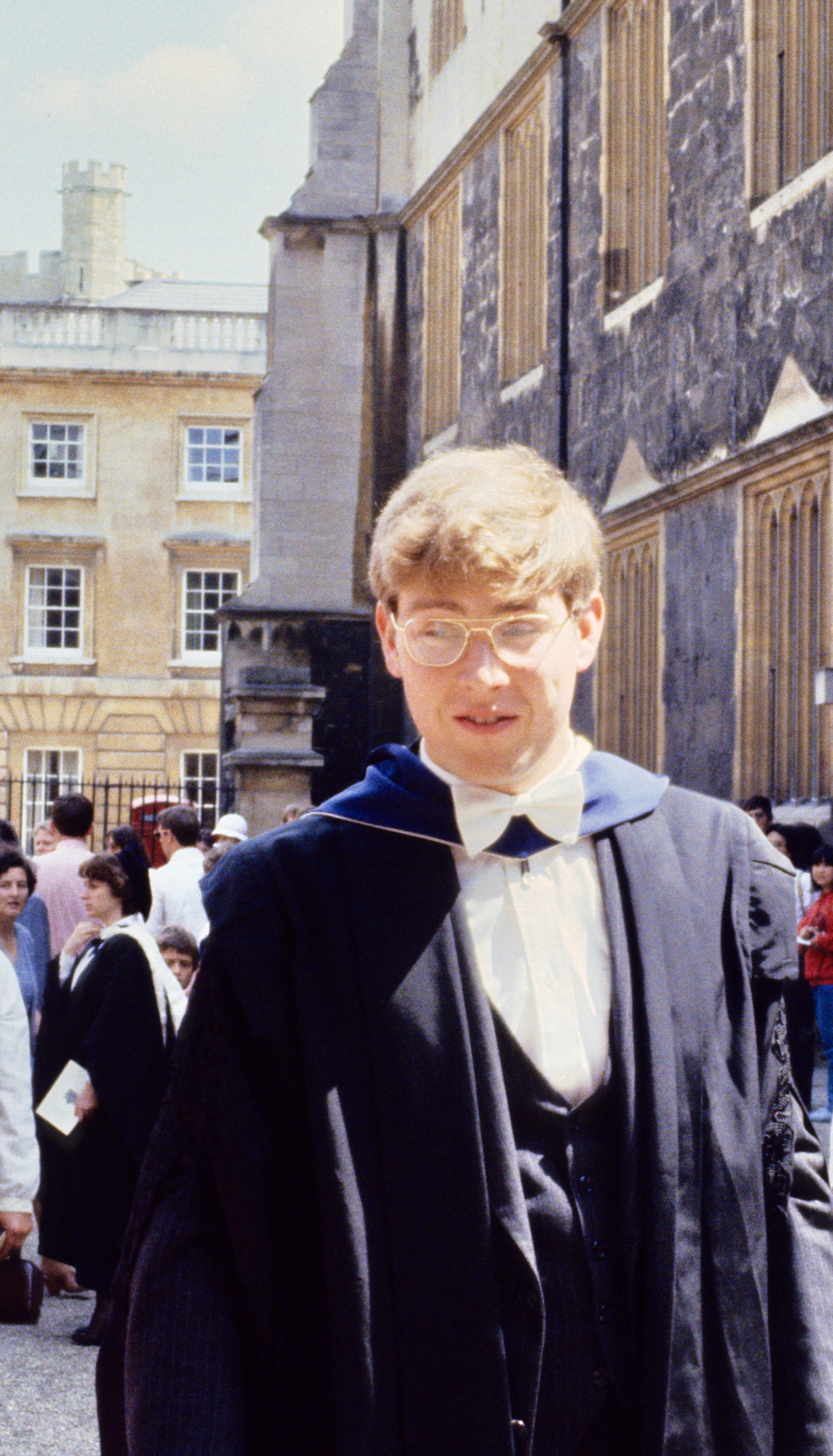
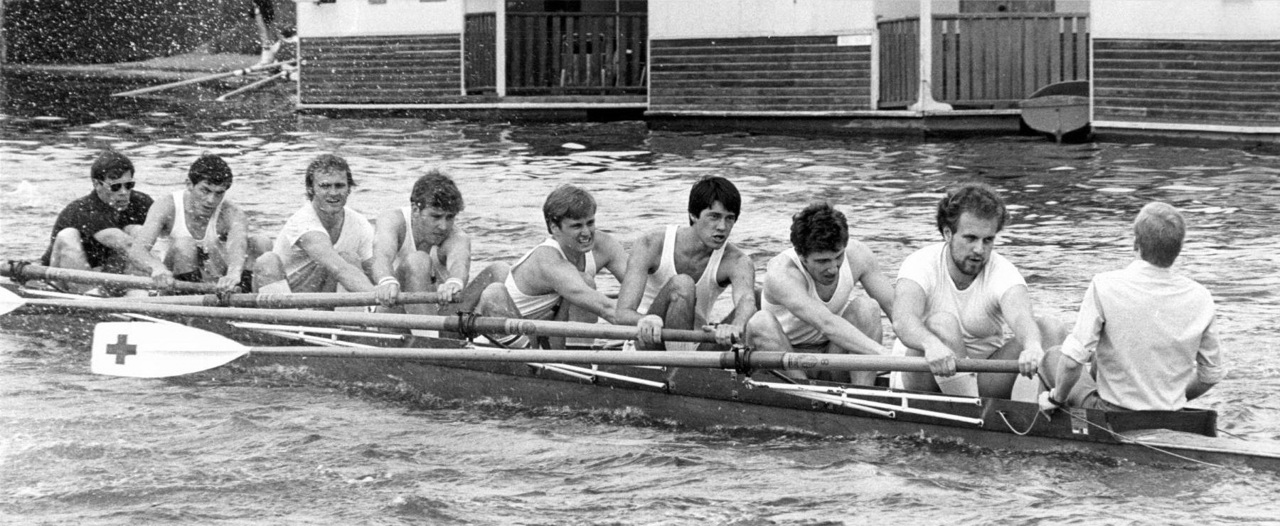
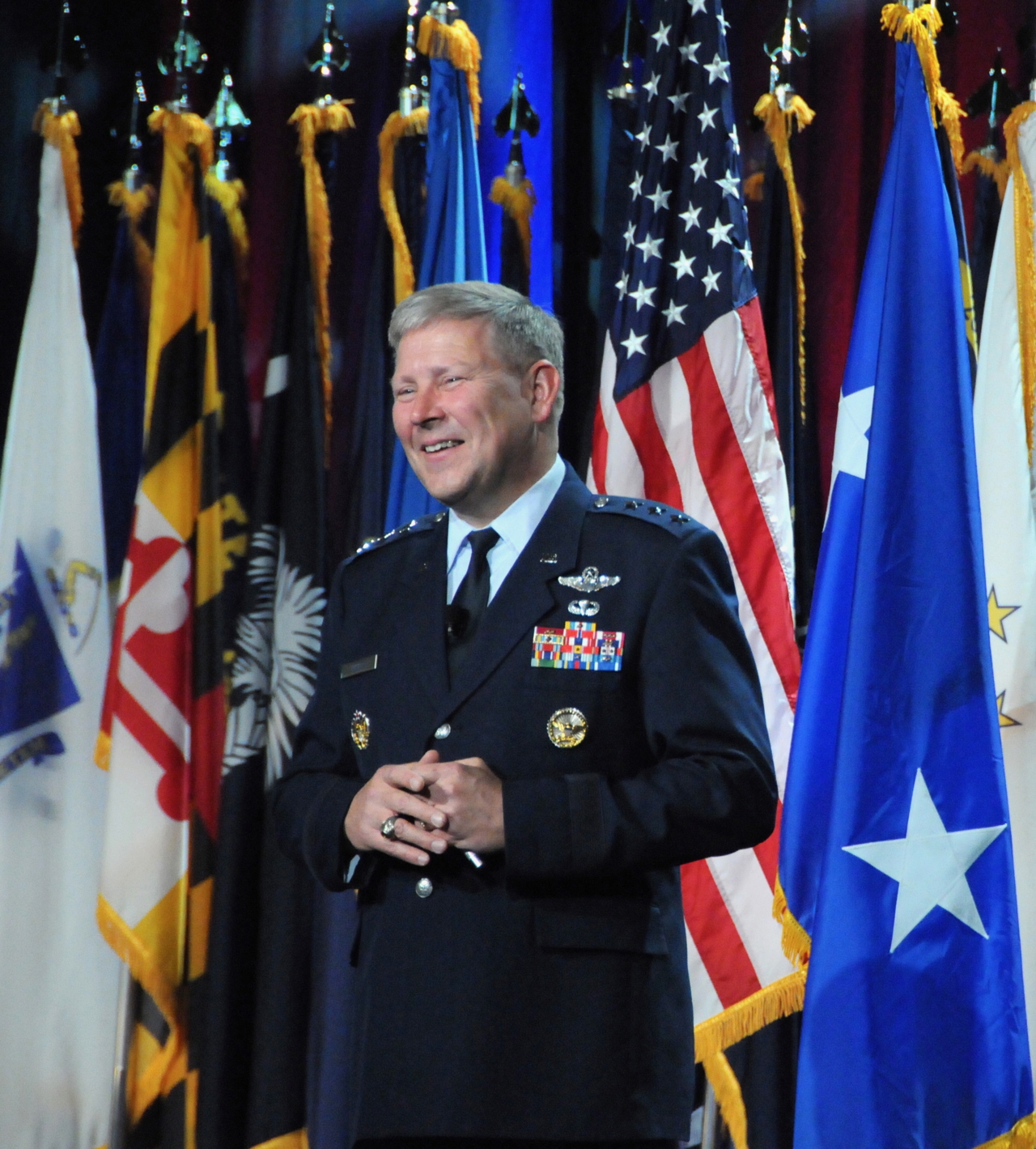
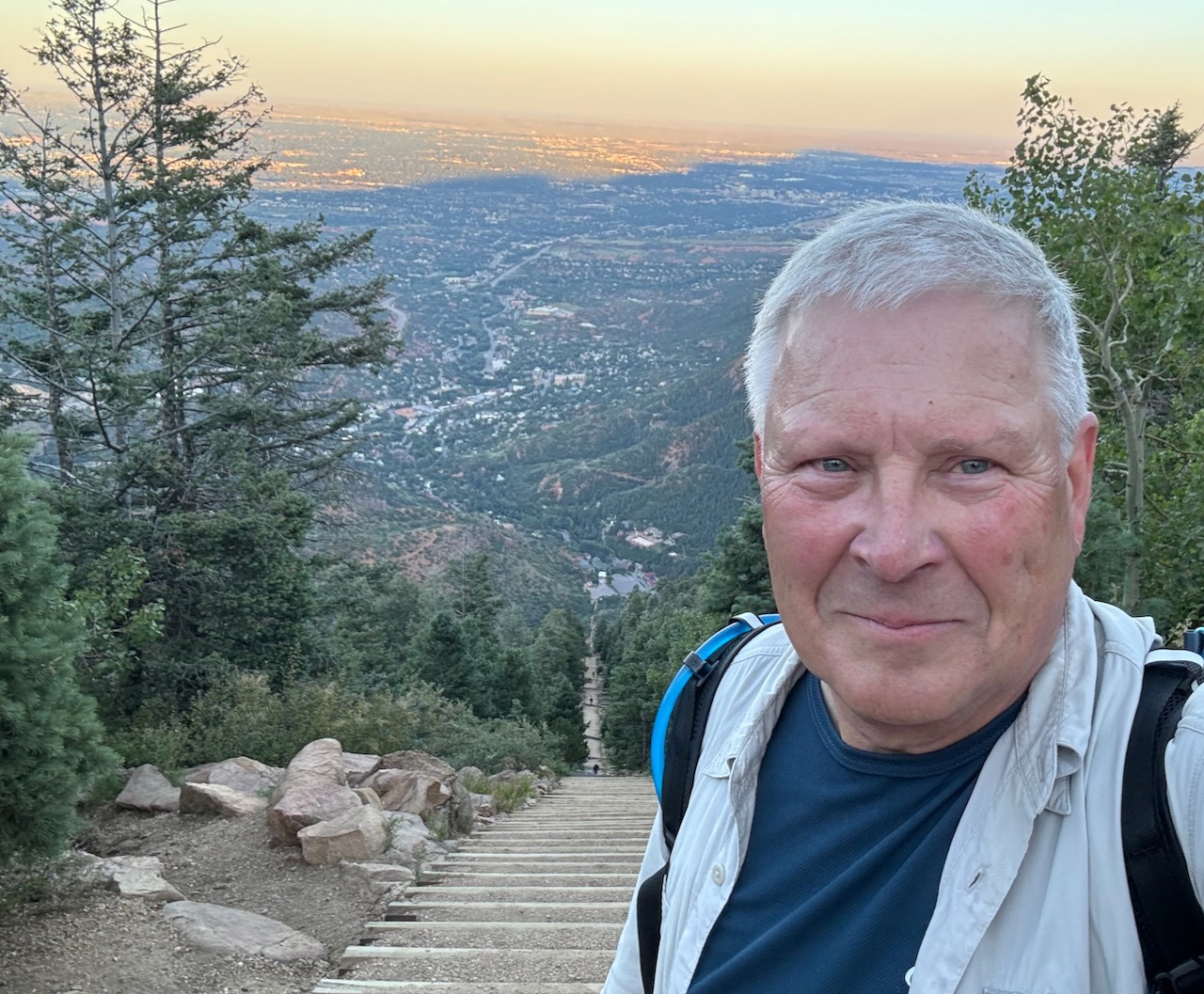
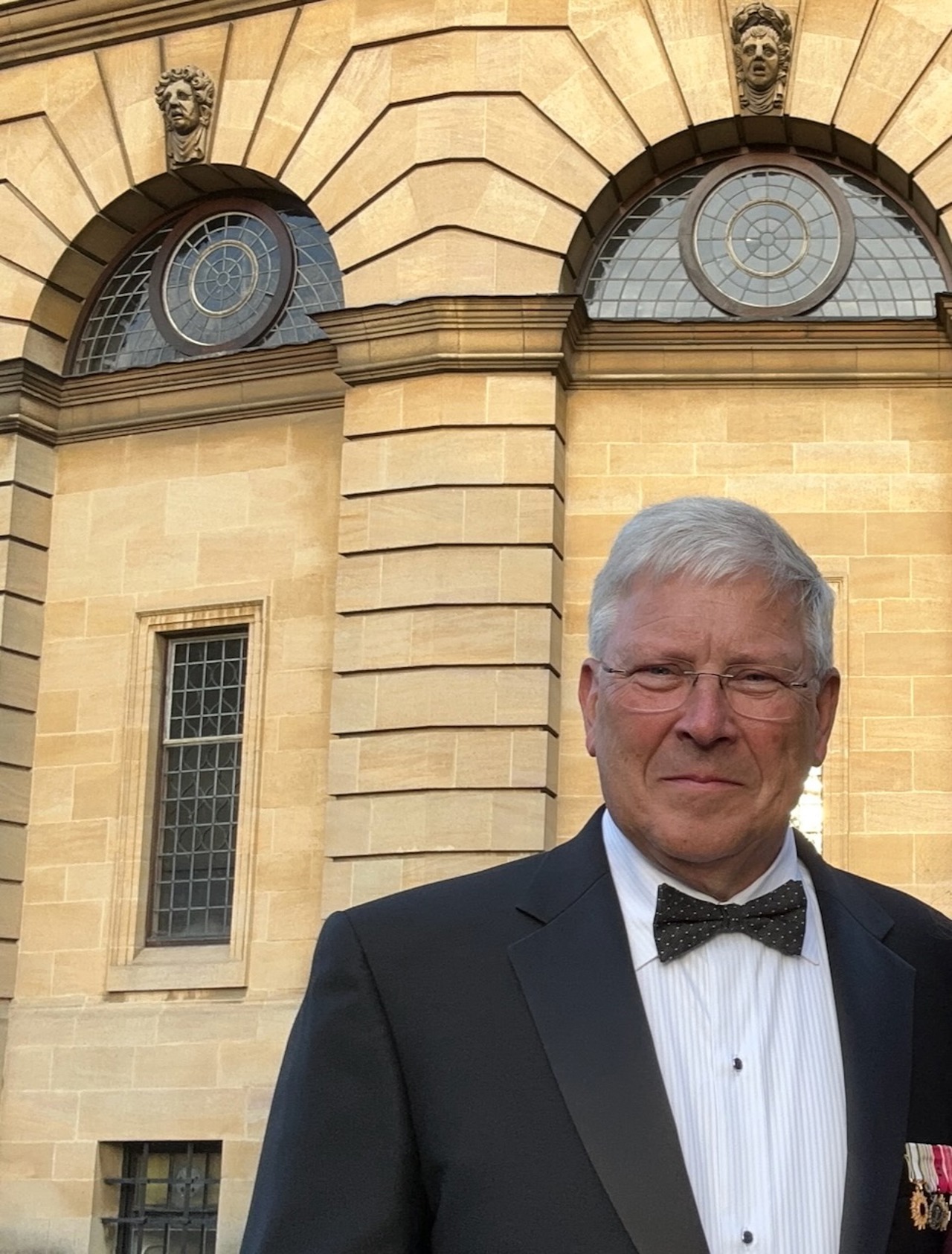

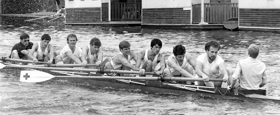
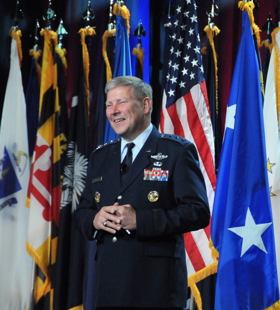

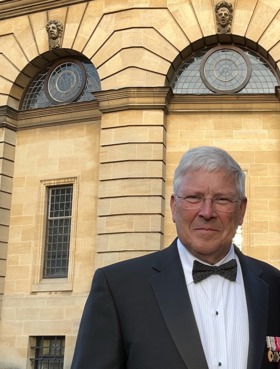
‘Sometimes setbacks are actually God’s way of helping you out’
My father was in the Air Force, and I had a typical, nomadic family upbringing. Before I left home, we moved 16 times, including a time in the Philippines, and I went to seven different schools. Although there wasn’t really a place that I called home, the military community gave us a lot of support wherever we went, and it was very welcoming.
I was into electronics and moviemaking, but mostly, I was fascinated by aviation. I always knew I wanted to be in the Air Force. In high school, I even managed to convince my classmates that we should build a three-quarter size French biplane out of wood, chicken wire and tissue paper as our “homecoming” float. We did get some grief from the principal when we later displayed and then “flew” it off the top of a school building!
I applied to two Ivy League colleges as well as the Air Force Academy, but when we crunched the numbers, it was clear that the Ivy League options were unaffordable. So I very happily accepted the nomination into the Air Force Academy. Then, three weeks before I went there, I had a diving accident and injured my back. I was sent home on the first day at the Academy. I had to go home, get physical therapy and reapply. Well, sometimes, setbacks are God’s way of helping you out, because in the meantime I went to Cal State Sacramento for a year and did some serious college work. I firmly believe that set me up for success when I went back to the Air Force Academy.
On applying for the Rhodes Scholarship
I started off wanting to be an aeronautical engineer, but about halfway through my sophomore year, I decided I was more interested in political science and history. It was the head of the philosophy department who first suggested I should apply for Rhodes Scholarship. I honestly didn’t know there was one when I got to the Academy. Eventually, I decided to give it a shot, and it was fascinating process. I remember one of the questions at interview: I had taken up fencing at Cal State and I’d mentioned it in my application essay. Someone asked me, ‘If Alexander the Great had been a contemporary fencer, which weapon would he have picked, and why?’ I really had not thought about that...!
‘Disagreeing without ever being disagreeable’
The IR course at Oxford was relatively new, and I was fortunate to have a thesis adviser who had a tremendous amount of knowledge and could communicate it really well. He had come from working at the Campaign for Nuclear Disarmament, but even in that contentious time was very respectful of me, despite the fact that I was a military person. He was a superb example of disagreeing without ever being disagreeable. We had some great discussions, and I think he really moulded how I think about dealing with contentious issues across diverse groups of people.
I was intimidated by the British undergraduates at first, because they were really, really good at what they were good at. But I felt a little better about life in a seminar towards the end of my first year, when we were talking about ground-launched cruise missiles, and I realised the person talking had no idea about how they actually worked. The breadth of what I had learned at the Air Force Academy meant I could bring something to the table that was useful.
My tutorials and seminars were outside my college, but Merton was a wonderful social setting, and I loved the people. I rowed for Merton, and I remember cold days on the river, the sun coming up, mist on the water. It was so beautiful. I also spent many weekends driving over to a flying club near Cambridge so that I could get in as much aeronautical experience as possible. One time above the gorgeous green landscape of Britain, I was suddenly reminded what had happened in World War Two, and again really felt the power of history.
‘Working with people means respecting them for what they bring to the table’
I nearly stayed on in Oxford for a third year, because my supervisor suggested I do a DPhil. It was all arranged with the Rhodes Trust, and then I got notified I had been selected to go to pilot training. Deferring wasn’t possible, so I went back to the US. My career ended up being about half flying airplanes and about half staff duty of one sort or another, either political-military or planning or professional education. Once I’d qualified as a pilot, I served several years as an instructor, and immediately after that I went to the Pentagon, supporting the Secretary of the Air Force. It was my first exposure to working with senior government decision-makers, and I found it fascinating.
At the very end of the Cold War, I became an aircraft commander and got to sit alert with nuclear weapons, which was sobering. Toward the end of my career, I was a decision-maker as the defence budget was shrinking, and saw firsthand the turbulence that is associated with those kinds of resource change. I was lucky enough to work with some phenomenal people, and I learned, among other things, that burning bridges with people is almost never a good idea. Working with people means respecting them for what they bring to the table and doing your best to bring yourself honestly to the table; then when you run into them again years later, it’s like a homecoming and not like an ambush.
I was part of the team working on the NATO Strategic Concept in 1999, and seeing all the different national perspectives was extraordinary. After that, I had wonderful period in Abilene, Texas flying B-1s, and then I got picked up to be the Air Force person at the Council on Foreign Relations in New York. My family and I moved to Brooklyn, and two and a half weeks after we got there the attacks of 9/11 happened. It was hugely impactful, but in some way, it made our time in New York precious. New Yorkers were so open, even as the community was so vulnerable. Throughout the year, it was good to be a resource to explain to people what our military was doing in Afghanistan. I later was assigned in Afghanistan, which was probably the most impactful year of my whole career. I commanded all of the Air Force operational folks there and supported other units that were doing direct work with the Afghan government. I’m proud of the construction and reconstruction work we were able to do there, even amidst the conflict. I’m one of the many thousands of veterans who lament the way that all turned out.
After I retired from active service, I was had the opportunity to take up a privately-supported role back at the Air Force Academy. I’ve gotten to work with cadets who are trying to learn to be leaders and servants of the nation, and it’s a place I love to be. I’ve gotten to do my own research and I’m currently working on a book about future conflict, those responsible for waging it, and how we must think about defending the ideals that we hold.
‘Take the time to think about who you are’
I think my time in Oxford reframed how I think about cultures and societies. It taught me, very powerfully, how different people’s lives are, how important it is to be open to what people tell you and be perceptive about where they’re coming from and suspend judgment as much as you can. It also taught me to question assumptions. I spent about nine years as a commander of one thing or another, and whether you’re a commander or whether you’re a process owner for something, if you’re not questioning your assumptions, you’re almost certainly going down the wrong road.
I think sometimes Rhodes Scholars tend to think too big, and then they get discouraged, because there is a lot to “fight” in the world. But if you take the time to think about who you are and how you can help the best, you’ll find it’s often a step at a time, a person at a time, an idea at a time, and Oxford is an amazing place to let these things start to germinate.
